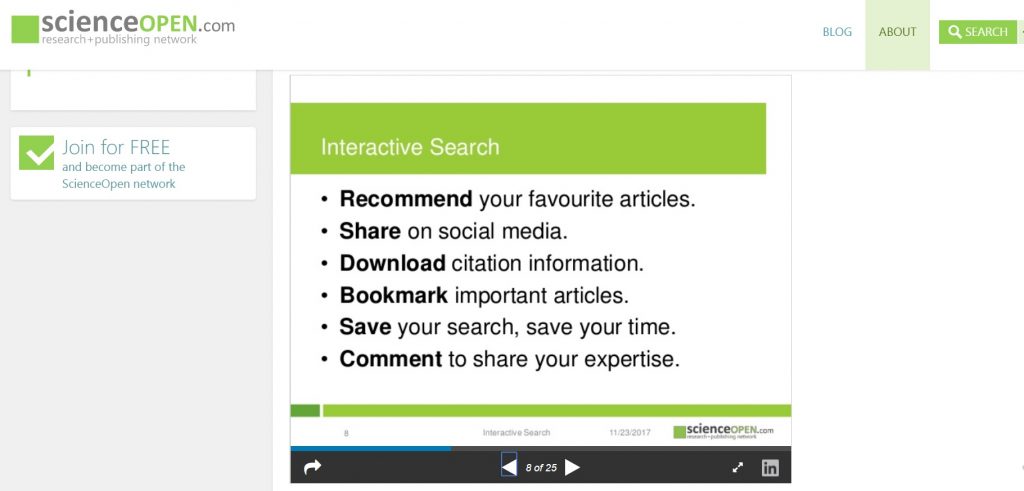A recent tweet captured my attention. We all wish we had open access to articles that are of interest to us.
https://twitter.com/JeremyLewisPT/status/947800731431686144
This growing demand really isn’t something new. Scientists have been working and creating platforms for open access opportunities.
It’d be horrible if I failed to mention that Physiopedia allows this exact opportunity. Rachael Lowe has been pro-open access since the beginning of the creation of Physiopedia. With Michael Rowe at the helm, physical therapists are beginning to break into the world of open access publishing.
Society has evolved to where we have different expectations than 30 years ago. Instant gratification ranks high as an expectation. At the moment we are searching online for answers to our questions, we don’t have time for a delay: whether it is a delay due to a paywall or requiring time to request the article. The majority of us do not believe it’s reasonable to pay a large fee to have 24 hour access to a single article.
As we grow professionally, we begin to learn it isn’t necessary to read every single published item in a full journal. (While at the same time no longer feel guilty about skipping a journal article because it has no interest to us.) Becoming an expert requires patient-driven learning. Patient-driven learning focuses on the population the physical therapist typically treats. After enough years in practice, we very soon learn that patients are people and people are a bit messy and complex. The people we treat may have various concurrent co-morbidities. We begin to notice little things that make each person unique. The unique factors drive us to ask very pointed questions.
How does this factor impact outcomes of care? Do I need to consider any additional interventions to address the unique component? In light of the unique factor, do I need to also refer the patient to a different professional?
Many of us practice in a very busy environment. If we truly adopt patient-driven learning, then that means we are searching for answers in our non-productive clinic time or even during our own personal time. If the majority of clinicians are like me, then at that moment I’m in a focused zone of problem-solving. To not reach a definitive answer in the time I’ve allotted myself means I need to remember to circle back at another point in time to bring closure to specific patient driven learning moment. Lack of open access is a factor that tends to leave me failing in my patient-driven learning mission.
If we look to the music industry and how it has evolved, we may find solutions. When I was a kid, I had to purchase the whole vinyl record. In only a very few cases did I really, really like or want the full record. Today, we have options to purchase a single song really, really cheap. We also have the option to purchase a monthly subscription to a music service, like say Spotify or Pandora. When I am working on video creations, there are also sites for music downloads where musicians share their creativity for free.
Our profession is at the crossroads. Open access is definitely available. Why are researchers in the physical therapy world are not taking advantage of the rising demand? Do researchers see their work as a gift to the profession? Are researchers thinking of the final goal of their gift: to change the lives of patients? Is there some level of need for researchers to feel the prestige associated with a brand name traditional journal publication? Are universities not supporting open access publication as an acceptable option for grant funding and gaining tenure?
We all know the peer review process in open access may not be as comparable as a traditional peer reviewed journal. I’ve read a lot of traditional journal articles that have been peer-reviewed and the caliber of the article is determined by the expertise of the reviewers involved. If an online open access publishing option allows comments and edits, like a Wiki (with full accountability of those reviewing, editing and commenting), then the reality is that the whole world is the reviewer and there could very well be an expert across the globe with insight that improves the online open access article. Bias… it’s always there: whether traditional or open access.
I have an action plan for 2018. I will be publishing one or two case studies in Physiopedia. I have cases that need to be published to help other clinicians. I’ll let the world edit and critique my case. The goal: provide a gift that helps change the lives of patients.
Until next time,
~Selena
